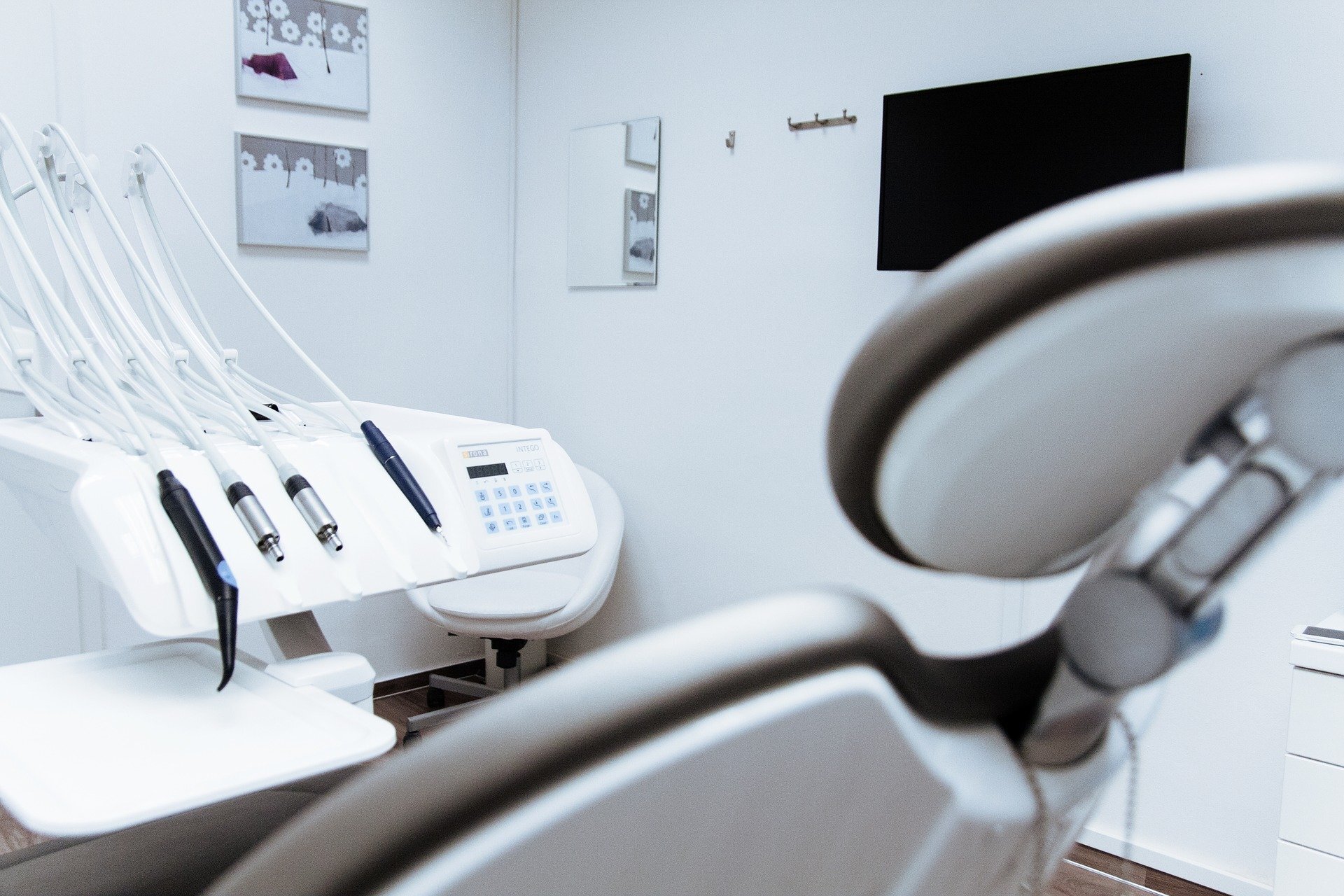
Dentistry Work Experience.
Due to the nature of Dentistry, work experience is mostly limited to visual observations within the clinical setting. There are, however, certain hands-on activities that can be completed during work experience. Learn more about how you can maximise your work experience below.
All students are directed to our new ‘Dentistry Experience Course’. This aims to provide a useful insight into a career in Dentistry.
Already completed the course? or want more inspiration for career insight? Read this article to maximise your chances of gaining a dental school interview.
So, what is meant by work experience?
Work experience covers any type of work undertaken both before or during a chosen career path.
This can range from experience gained in a current role you formally hold (such as an existing job) or, and more commonly for those applying to Dentistry, through shadowing or observation.
Why should I obtain work experience?
Most importantly, work experience will give you, ‘first-hand’ insight into the daily life of a dentist. This would include the clinical, managerial, administrative and leadership roles a dentist would play within the team. Work experience provides individuals the opportunity to evidence their commitment to the career and allows individuals to gain an understanding the scope of practice of a dentist. In addition, this period of observation provides applicants with information and experience to discuss and reflect on in their personal statement and interview.
Candidates should be aware that gaining work experience to satisfy entry requirements is essential, but most important is the capacity of the individual to reflect on their experience. Therefore, it is important to use the experience to share how this has influenced your decision and how the skills and characteristics you observed relate to your personal attributes.
Observation allows individuals to also gain knowledge regarding the roles and responsibilities of the members of the whole dental team. It is therefore strongly advised to speak to all members of the team and discuss their duties and determine how they play a part in the wider team.
Where, when and how to gain work experience
In order to acquire and evidence that you have researched the career, gaining experience in a wide variety of settings is hugely valuable.
Remember, dentistry involves a wider team including (but not limited to) dental laboratory technicians, dental hygiene and therapists, hospital dentists and specialist dentists. If practicable, visiting and shadowing some of these other members of the team can offer you more clarity on the importance of the team in dentistry, scope of each team member and also their individual responsibilities.
Tip : Some dental laboratories will allow you to carve wax or even help with the fabrication of a dental appliance or prosthesis. For instance you may be able to carve a tooth from a small wax block. Whilst being a fun activity, you could also discuss and display this during your interview. The key here is really to understand and reflect upon your experience, with an appreciation for the technical ability, importance of attention to detail and need for communication. (scroll down for more info)
When to do work experience
According to most universities, the personal statement should show evidence that applicants have researched their preferred profession and undertaken some work experience prior to application. It is believed that a period of two weeks experience in a varied range of dental settings is the minimum expected. It is therefore critical that before your UCAS application is submitted, even before you write your personal statement, that you conduct work experience.
How to gain work experience
Unfortunately despite there being a large number of dental practices in the UK, individuals still find it troublesome to gain exposure within the clinical setting for observation.
Although you may receive lots of rejections initially from dental work experience enquires, there are a number of techniques which you can follow to maximise your chances of acceptance.
Here is a list of individuals and resources for you to find a potential place of work experience:
Friends and family members that may work within the dental field
Your personal / family dentist
The dental laboratory that your dentist uses
Your Orthodontist
A Google search ‘ dentists near me’
NHS ‘find a dentist’ https://www.nhs.uk/service-search/find-a-dentist

